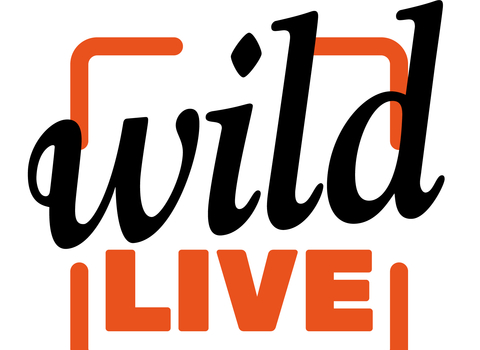It’s no accident that Cornwall is hosting what is perhaps one of the planet’s most important political meetings later this week.
The rugged southwestern corner of Britain shows off some of our most stunning scenery in spectacular fashion. Its dramatic clifftops, golden beaches, turquoise seas, and wild moorlands provide the perfect backdrop for a G7 ‘family photo’.
But Cornwall’s natural beauty masks a truth that is relevant across the country – nature is under threat.
Cornwall Wildlife Trust’s ‘State of Nature in 2020’ report reveals that over the last 30 years almost half of breeding birds have suffered population declines and half of land mammals are now found in fewer places in the county.
This mirrors the picture we see in every part of the UK. We are now one of the most nature depleted countries on the planet – and, in fact, at the very bottom of the class in the G7 in terms of how much nature still survives here.
The evidence is undeniable - human activity, from development and infrastructure to unsustainable farming practices and pollution, has devastated our natural environment. What’s also clear is that this is having a lasting impact on our future economic prosperity.
A recent review commissioned by the Treasury has shown that this degradation of the natural world has eroded the very foundation on which our economy sits. The economy is a wholly owned subsidiary of nature and without urgent action to stop the alarming rate of nature's decline, the prosperity of future generations is at risk.





